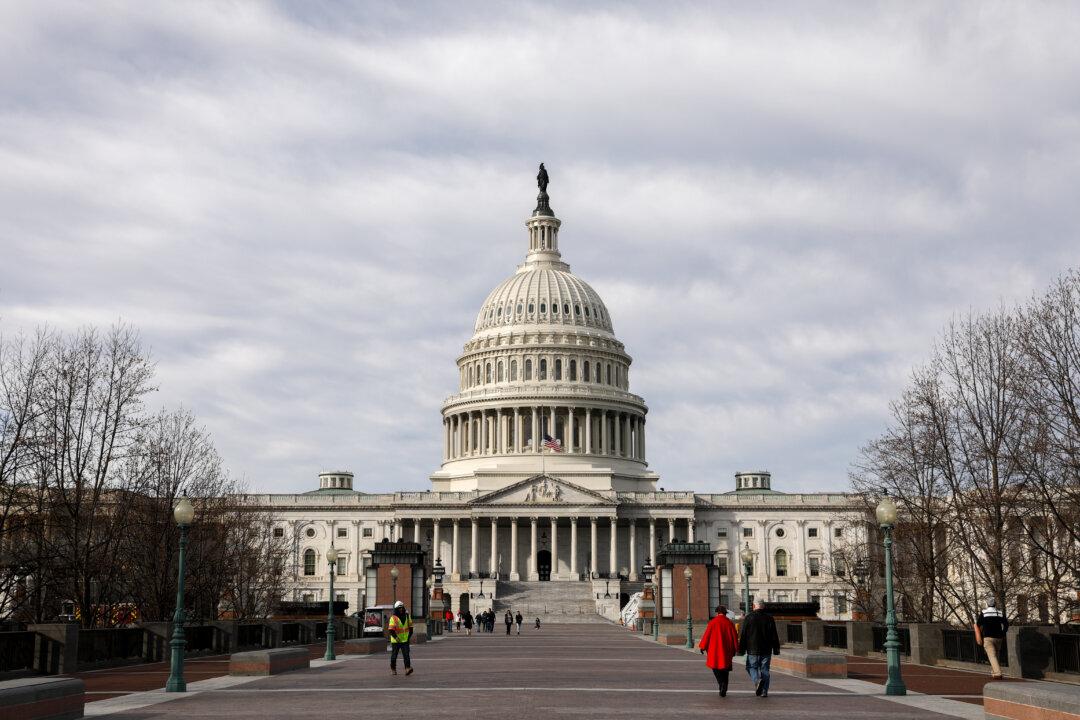WASHINGTON—A group of 12 House Democrats and eight Republicans are backing legislation to “claw back power from the executive branch on national emergencies.”
The proposal amends the National Emergencies Act of 1976. There are currently 31 national emergencies in effect as a result of presidential declarations.





